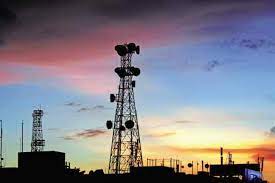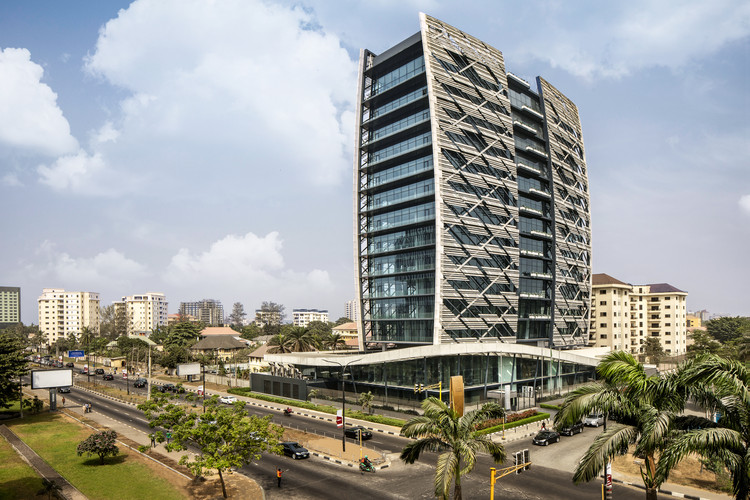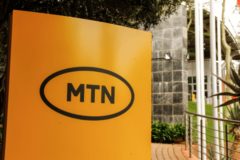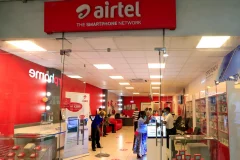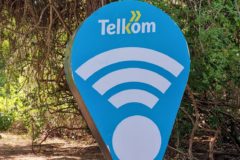Mobile Virtual Network Operator (MVNO) Licenses will allow a new class of telcos to compete. Can they provide competition to Nigeria’s established telcos?
This month, 25 firms acquired Nigeria’s first Mobile Virtual Network Operators (MVNO) licence. Unlike regular telecom operators, virtual mobile operators don’t have to own tower infrastructure or spend millions of dollars on spectrum. Instead, they use the infrastructure and services of existing telcos like MTN. This cost savings is essential because MVNOs are expected to cater to underserved customers.
MTN Nigeria and Airtel Nigeria, for instance, spent a cumulative amount of ₦115.36 billion ($176,869,618) to renew their 2100MHz spectrum licence for 15 years. MNVOs avoid these costs and build on the existing infrastructure of telcos. The barrier to entry is also relatively low with licence fees ranging from ₦35 million ($53,813) for the lowest tier to ₦500 million ($768,757) for the top category.
Per NCC licensing framework, MNVOs can issue SIM cards and register subscribers. They can also provide data services. The essence is that the service should be at a reduced price since they do not maintain network spectrums.
Can MVNOs compete with the big four?
Experts are not convinced that MNVOs will be able to compete with the big 4 Nigeria telcos– MTN, Airtel, Glo, and 9mobile. Charles Awuzie, a telco expert told TechCabal, “Usually MVNO impacts the market by driving prices down. Their ability to focus on a niche gives them more brand visibility in specific demographics.”
A market researcher, Samuel Oyekanmi believes that MNVOs cannot compete against big telcos. “One major advantage that they bring to fore is that they would be able to go to some rural areas where some of these telcos could not get to and onboard more people into the digital space,” he told TechCabal. Oyekanmi said the virtual operators would rather compete amongst themselves to get the cheapest rate from the telcos and onboard as much as customers as possible.
Oyekanmi and Awuzie agree that MNVOs are good for the market, better for underserved areas, but still not big enough to take on the big four telcos. Statista ranks MTN as the leading market operator in Nigeria, with a market share of 37.9%. It is followed by Globacom and Airtel, with around 28% each.
Earlier this year, MTN had an influx of 20,123 subscribers that ported from other networks into its network from January 2022 to December 2022, increasing its market share to 40%, according to another report. Airtel maintained a market share of 27.03% Globacom, 27.13%, and 9mobile, with a market share of 6.78% within the period.
What do you think about our stories? Tell us how you feel by taking this quick 3-minute survey.







